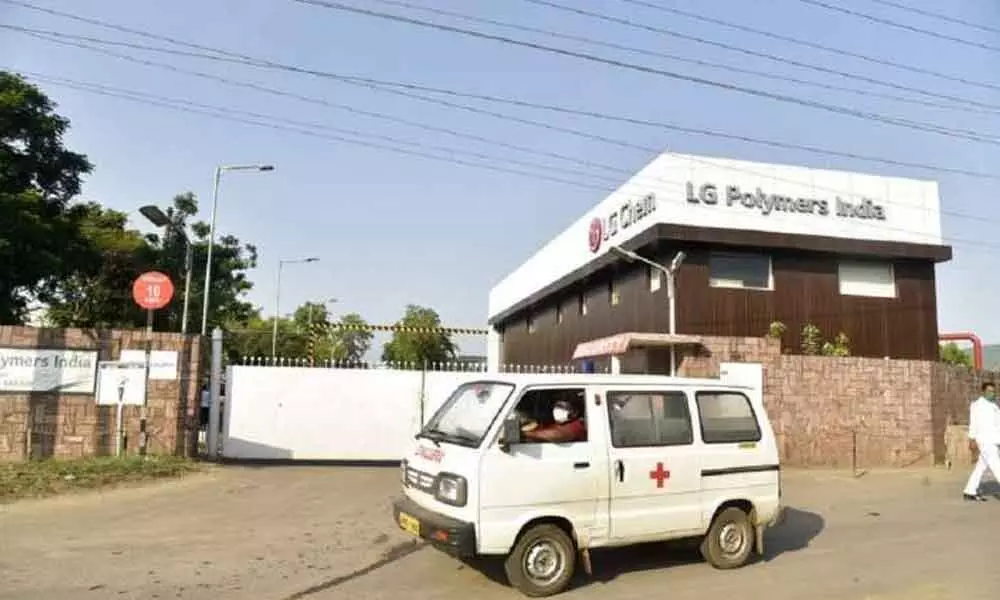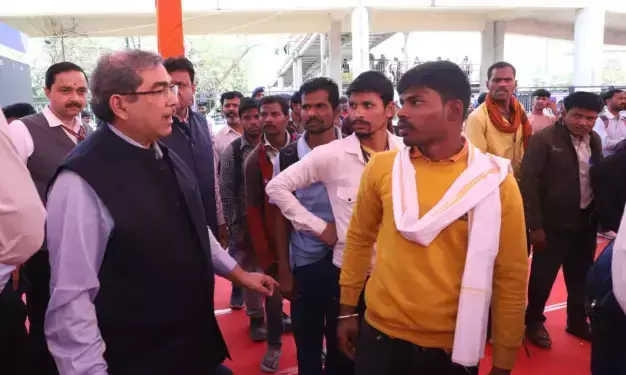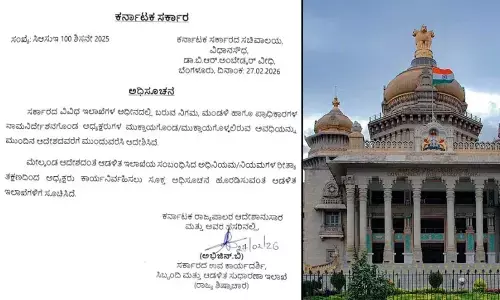India lacks expertise in monitoring chemical plants

Better protocols, precautionary measures should be in place to avert gas leakage accidents, say experts
Hyderabad: With poisonous styrene gas leakage at LG Polymers plant near Visakhapatnam claiming several lives and injuring hundreds more in the wee hours of Thursday, experts are of the view that India lacks adequate expertise in dealing with and monitoring chemical plants and it's time the country equip itself with expertise to avert such tragedies.
They also warn that styrene gas if consumed will have a long lasting impact on health of people and children and old people are more vulnerable as it reduces oxygen content in air, thus affecting lungs. As the poisonous gas' density is more and it is heavier, the gas settles at lower levels in the air. As result, the adverse impact of the gas lasts longer when it leaks, they observe. Experts point out that to prevent the leakage, the company should have taken more precautions while reopening the plant after the prolonged lockdown
"The fact of the matter is that we don't have expertise and experts in monitoring chemical plants and units like LG Polymers. There is no critical appraisal and inspection of chemical units. We did not learn lesson from the Bhopal gas strategy," Dr Babu Rao Kalapala, a retired scientist from Indian Institute of Chemical Technology (IICT), told The Hans India.
As per disaster management protocol, LG Polymers' management should sound siren to alert people surrounding areas about the impending danger. This chemical company has not done that. It was a big mistake, the retired scientist stated, underlining the need for proper investigation by experts to find out the cause of the leakage.
Rao also said that company can't blame lockdown for the accident. "As a global company, it should have protocols in place to handle such an eventuality," he added.
Anil Reddy Vennum of All India Plastics Manufacturers Association, said that products made at the Visakhapatnam plant are not used in the manufacture of normal commodity plastics. "They are used in for automobiles, false-ceiling and other sectors," he said.
According to him, the poisonous gas if leaked causes breathing problem in people. "As it's a big plant, company may have stored a large quantity of styrene gas which is used in the manufacture of high quality polymers," he said.
Reddy said it has a character to expand during summer time. "That may also be also a reason for the leakage. People and animals die if they inhale the gas," he said. Recalling the Bhopal gas tragedy which claimed thousands of lives, he said: "Styrene gas is not that dangerous as it is milder compared to methyl isocyanate (MIC) leaked at Bhopal.
However, casualties would have been higher in LG Polymers accident had the management not acted fast," he maintained.










